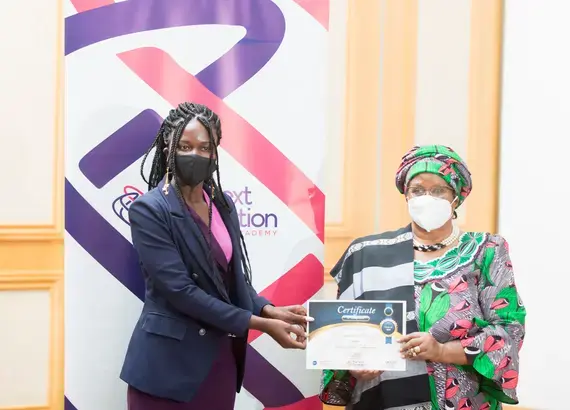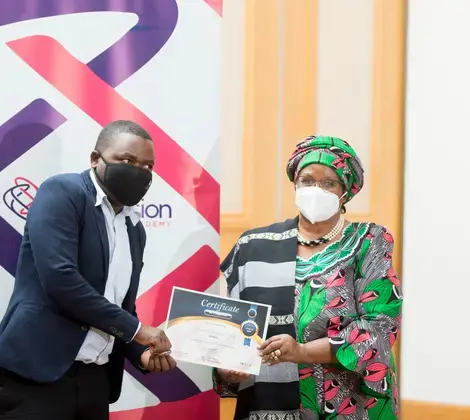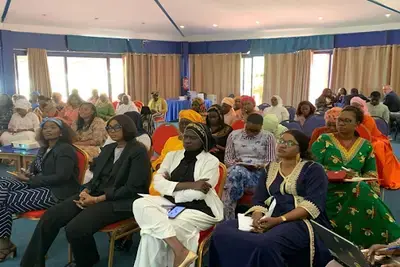
Success Story
Empowering the Future of Civil Society Leaders in Malawi
In Malawi, a growing cohort of young people are entering into careers and politics and looking to reshape the future of governance and development. With over 50% of the population under 18 years old, the number of young people joining new initiatives and seeking to make a difference will continue to increase. Yet, there are limited options for young people, even once they are able to join civil society, to be recognized by older generations for their ability to provide meaningful input and given opportunities to develop new skills of engagement. Recognizing that Malawi’s youth are critical to the country’s future development aspirations and democratic outcomes, NDI asked how can the young civil society members become leaders of the sector’s future? Drawing upon institutional experience, the Institute organized the first Next Generation of CSO Leaders Academy to equip young Malawian Civil Society Organization (CSO) members with the tools and skills they need to lead Malawi to a brighter future.
The Academy began in early 2020 with a nationwide call for applications. The 13 Fellows selected were chosen from a pool of 150 applicants and participated in a series of training events with local and international experts during the next seven months. Ultimately, Fellows were required to apply the Academy’s lessons into a community-based project. For young CSO leaders, the Academy has been an empowering journey that has left them well-equipped with the necessary skills to participate in more meaningful ways within their organizations in the CSO sector.

described the impact that the Academy had on his growth by stating “I have a better understanding of what a vision, mission and strategic plan impact on the overall organization. This knowledge given to me during the training was vital as I am now able to help out moving the organisation in a strategic direction ensuring that the activities implemented are contributing towards the common goal.”
A key aspect of the Academy was the implementation of a community-based project to apply skills gained in the Academy and demonstrate to their organizations their ability to independently lead projects. Multiple Executive Directors reported that these projects allowed the CSOs to gain credibility within their communities. In Phalombe District, the Fellow from Phalombe Youth Arms Organizations (PYAO) implemented a project to bring more young people into community budget tracking. While the project initially targeted 12 youth leaders, the community interest was so great that it was scaled up to cover the entire district; 24 leaders were trained to track how public resources are allocated and utilized.
Through the Academy and subsequent projects, the Fellows built positive relationships with their communities and gained new credibility as leaders within their organizations. In interviews, Executive Directors told NDI that the Fellows better engage with communities and are able to contribute in more substantial ways to their organizations. One Executive Director stated their Fellow “has changed and he is now a strategic manager, because he is strategic in all he does.” Another Director reported that “The organization has been really helped. The fellow has shown changes in proposal writing and project development... this was the first time for her to come up with a solid project proposal. The project has put the organization on the map and improved their partnerships with key partners like the Ministry of Gender.” As the Fellows gain recognition within their organizations, NDI anticipates that these Fellows will be able to contribute to future work in their organizations in a meaningful and transformative way. Over the long-term, they will be the next generation to carry the work of their CSOs forward.
NDI’s engagement with Malawi is implemented with the support of the National Endowment for Democracy (NED).
NDI is a non-profit, non-partisan, non-governmental organization that works in partnership around the world to strengthen and safeguard democratic institutions, processes, norms and values to secure a better quality of life for all. NDI envisions a world where democracy and freedom prevail, with dignity for all.



